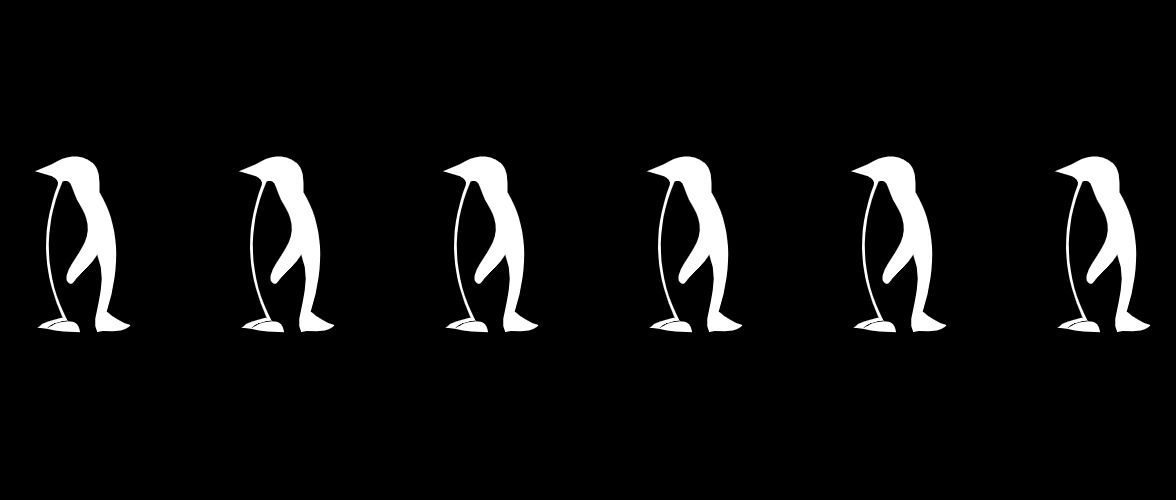The ever-growing acceptance of blues during the Sixties has decisively affected the direction in which the popular music business has travelled in country. On the whole it’s been a benign influence, in my opinion, in spite of a number of malignant offshoots.
But good or bad, the popularity of what is at root an American Negro song style is an established fact. More blues has been played on the air, in clubs and on concert stages, and in Englishmen’s homes these past few years than in the whole of the rest of my life.
Names like Muddy Waters, Jack Dupree, John Lee Hooker, B.B. King and Memphis Slim have become a commonplace in record company catalogues. Specialist magazines and disc labels have sprung up, and some survive. One of the labels most likely to succeed is Blue Horizon, a name with a nice visionary touch to it.
It began, nearly three years ago, as a modest private operation putting out limited editions of U.S. recordings which appealed strictly to blues fanciers. Hubert Sumlin, J.B. Lenore, Jack Dupree and Little George Smith were among those issued.
Last year the Horizon boys recorded Eric Clapton and John Mayall’s Lonely Years on Purdah (by then two more labels, Outasite and Purdah had been launched) and every copy was disposed of in a fortnight. Subsequently the masters were sold to Decca and reissued on their Raw Blues set.
“For a time we carried on like that,” says Mike Vernon, one of Horizon’s proprietors. “But we realised there was a mounting demand not only for American-made blues but for British groups playing good blues in their own way.
“An obvious illustration of this is Mayall’s Bluesbreakers whose sales I’ve seen rise to 25,000 and more during my year and a half of producing records for Decca. When Peter Green left to form his own group it looked as though there was going to be one more group with an uncompromising attitude to its music.
“For us, the next move was clearly to find a major company to distribute our records. It wasn’t simple because companies were slow to see the possibilities; and we didn’t want a major to put out records we made under their imprint. We wanted to keep our label identity.”
Finally a contract was realised between CBS and Blue Horizon. Singles by the Fleetwood Mac and Aynsley Dunbar Retaliation are already out, but on a CBS label showing a Blue Horizon symbol. The first Blue Horizon proper, by the Chicken Shack, appears on January 19. And the first LP, by Peter Green’s Fleetwood Mac, is to appear early next month.
Richard Vernon, the other Vernon who runs Blue Horizon, says when things are ticking over perfectly there will be a minimum of one single and one LP each month, plus extras as required.
“Briefly, our policy is to establish a market for a label,” he explains. “So that when people buy Blue Horizon they know they’re getting blues. Our plans are far-reaching; not just British groups far from it.” Mike Vernon, enlarging on the plans, says that the scope will be pretty wide — “starting with Mississippi or Texas blues and any country style that comes our way, then taking in early Chicago and Detroit, also things from the West Coast made in the late Forties and early Fifties.”
Blue Horizon aim to represent every facet of blues right up to current trends. Names they mention are B.B. King, Albert King, Little Joe Blue, Eddie Boyd. It hardly seems necessary to enquire if the Vernons have faith in the future of the blues market here.
“I think the chances of the label surviving for five years or more are very good,” says Mike. “If I’d wanted just money I’d have gone into something else.” Now that is spoken like a true blues gent.
Max Jones / Melody Maker / January 13, 1968

